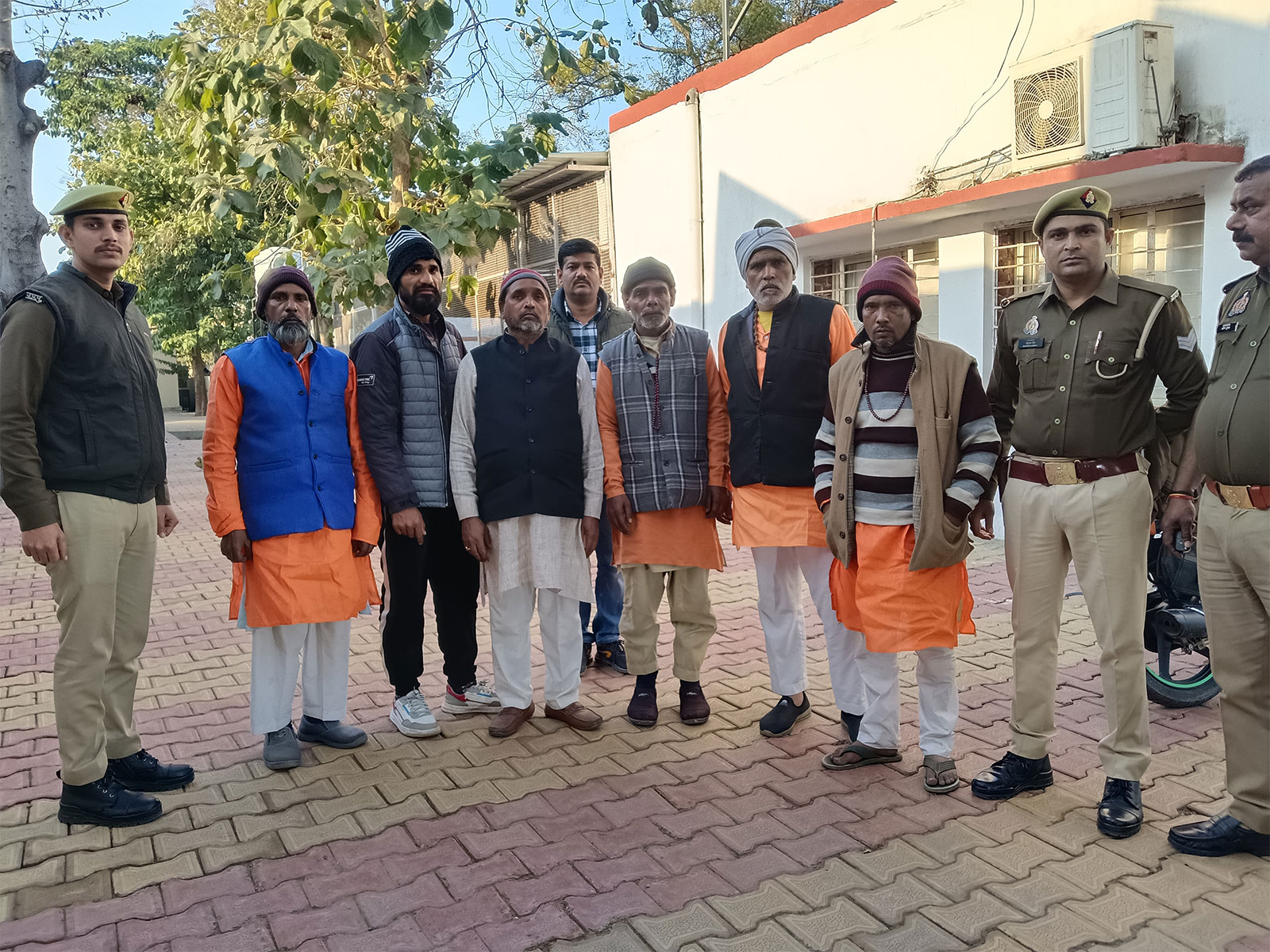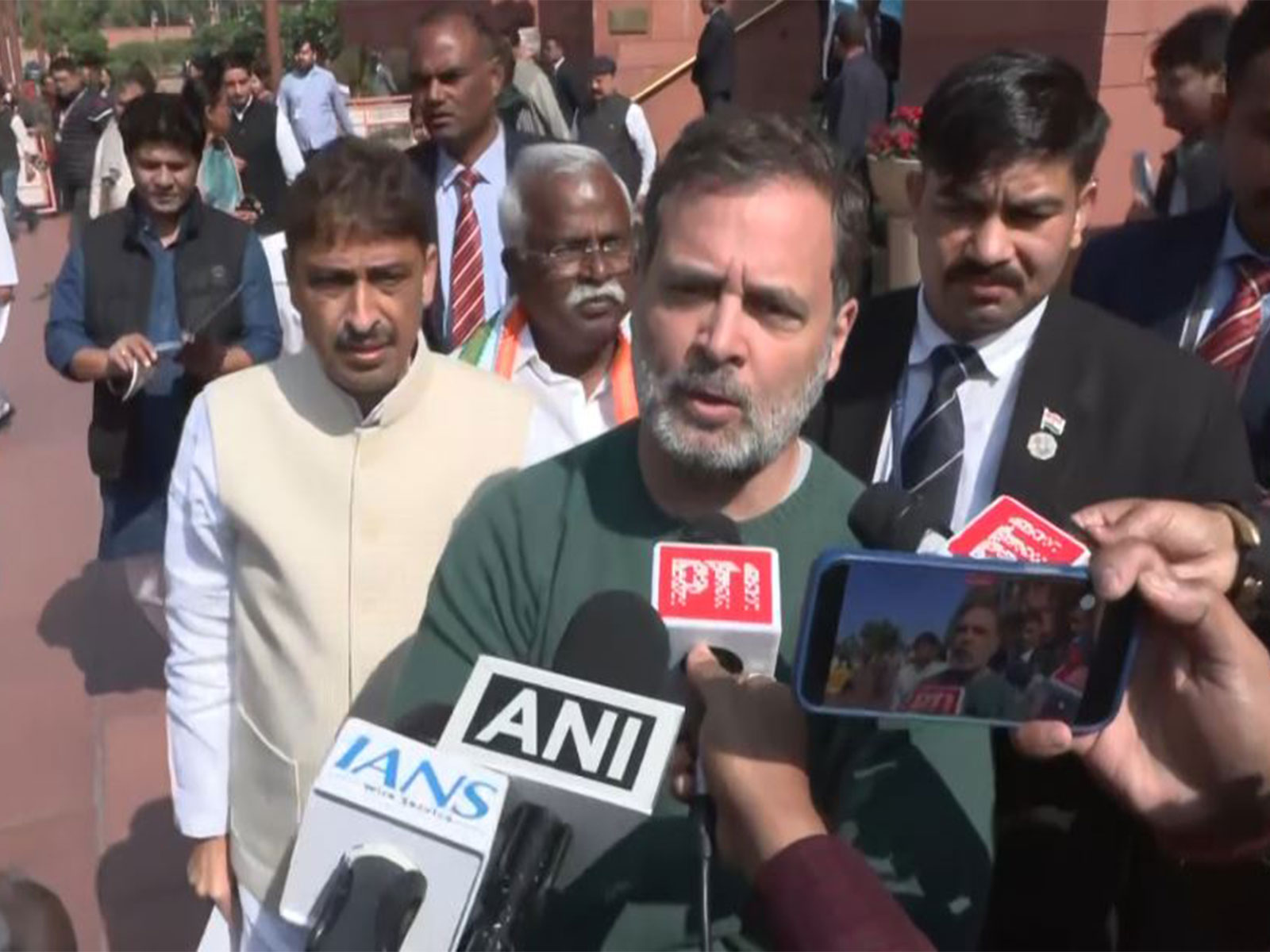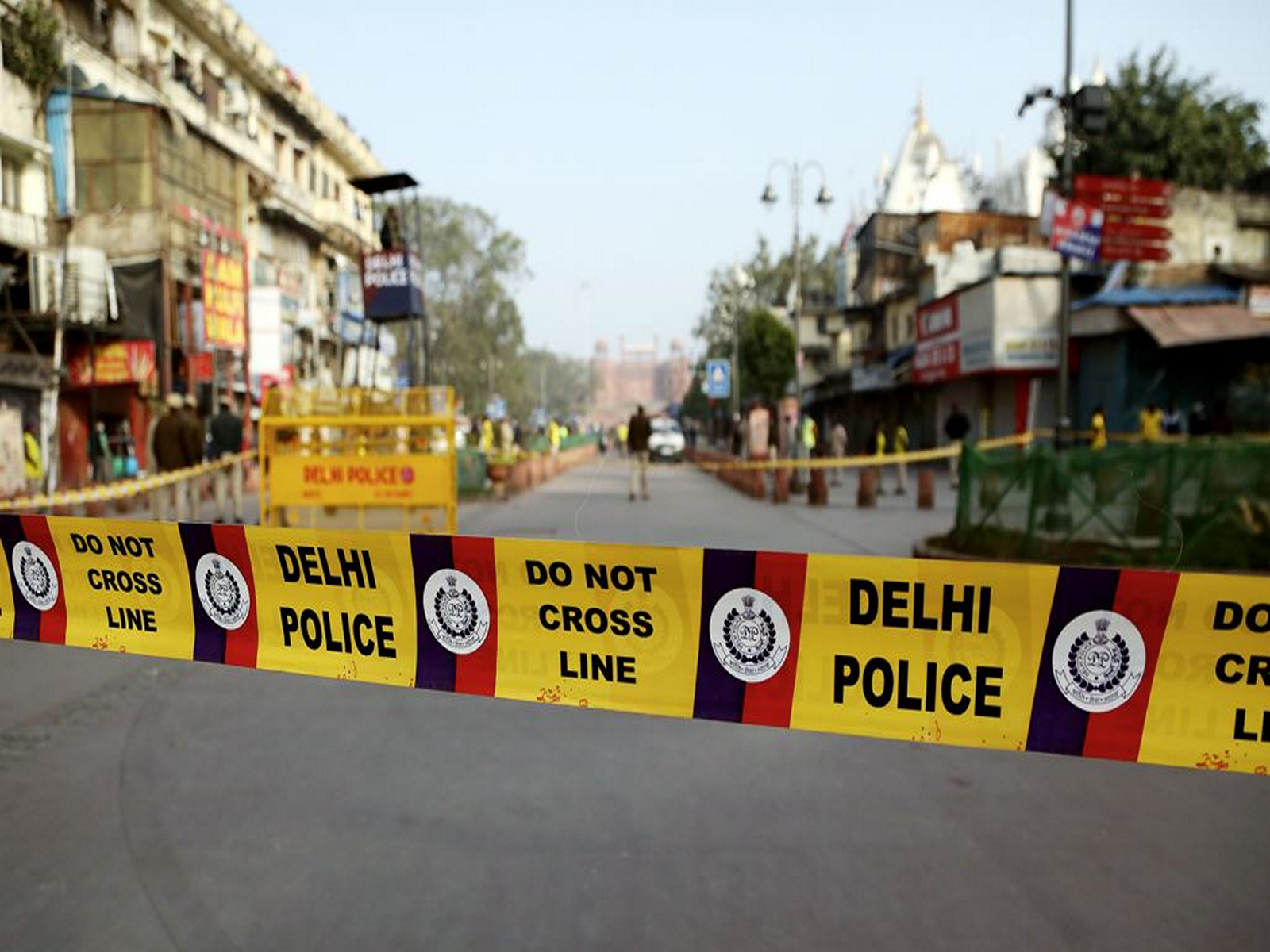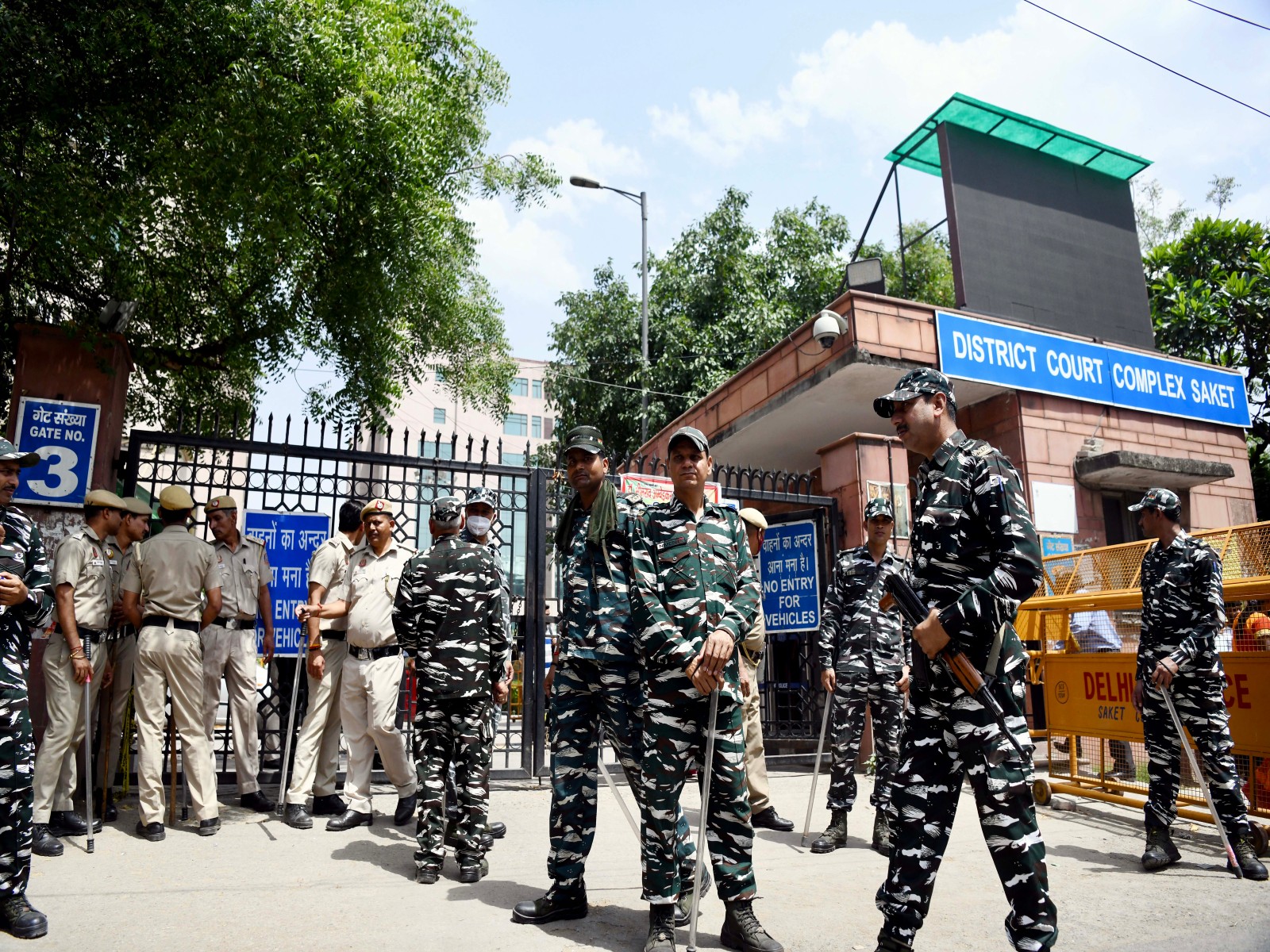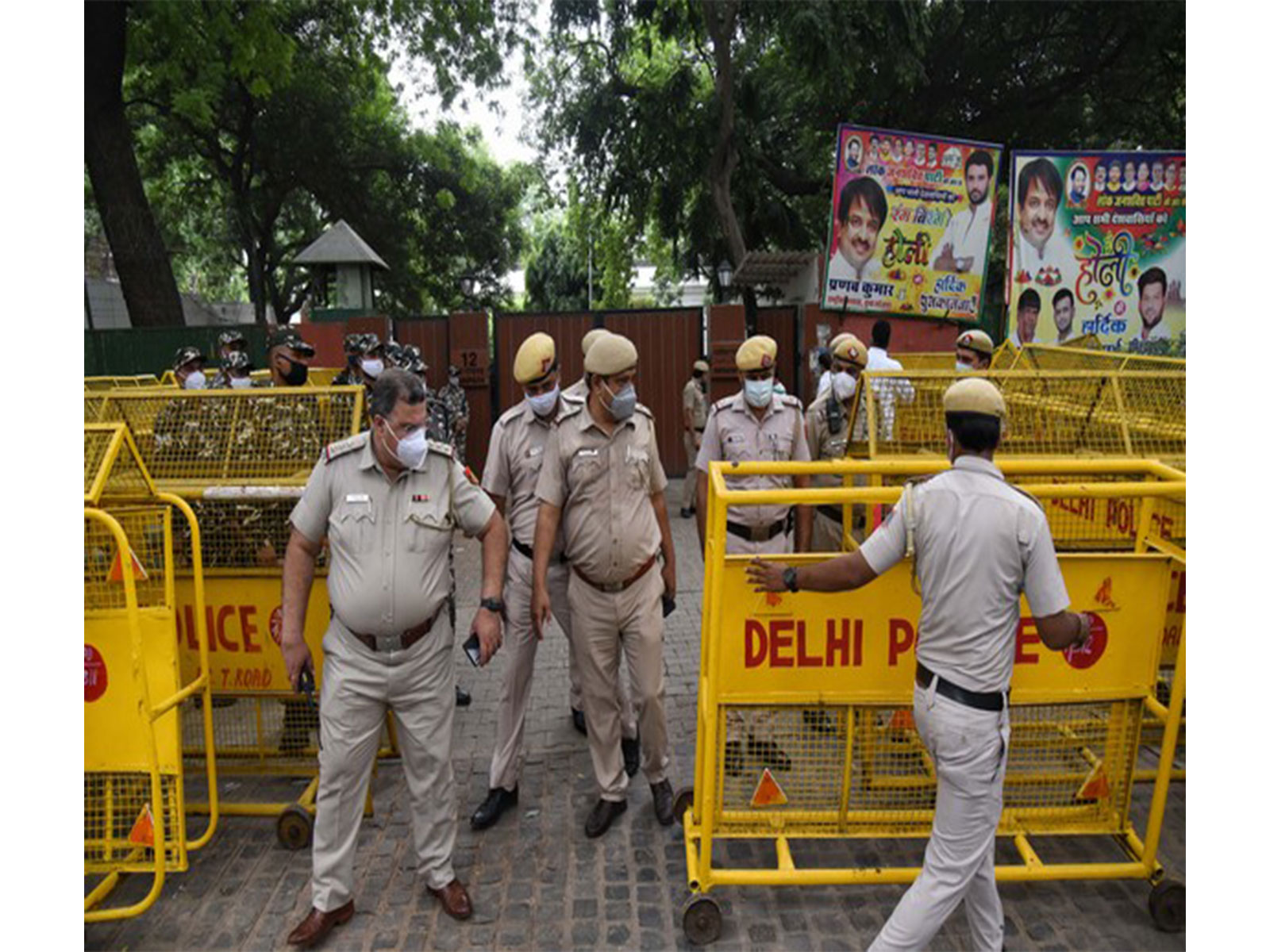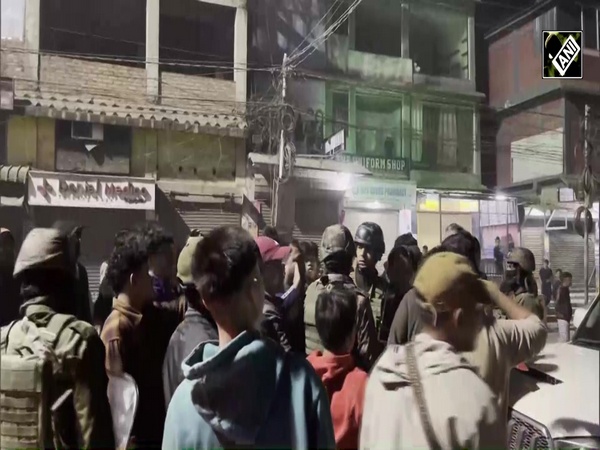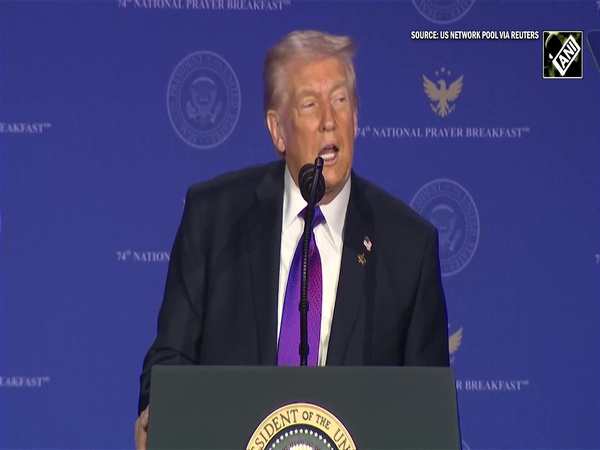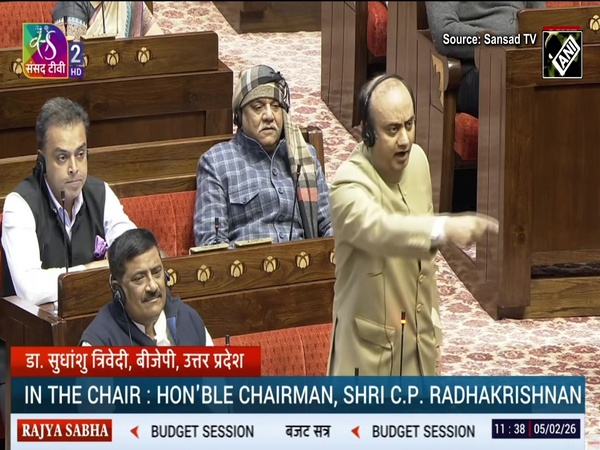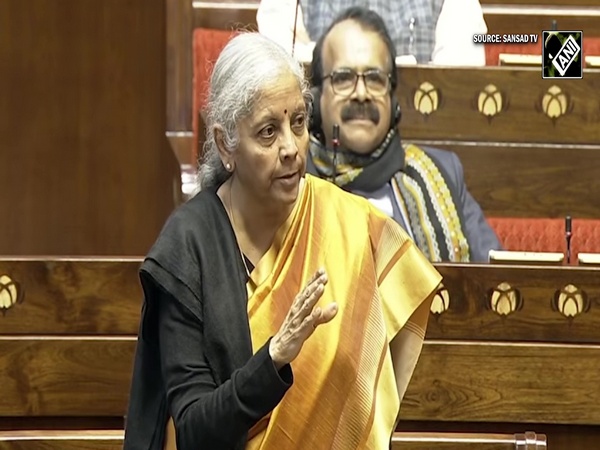All primary schools to remain shut for 2 days in Delhi, GRAP Stage III kicks in amid deteriorating air quality
Nov 02, 2023

New Delhi [India], November 3 : Amid the nosediving air quality in the national capital, the government has ordered for all the government and private primary schools to remain shut for the next two days.
Earlier today, Delhi Chief Minister Arvind Kejriwal took to 'X' and wrote, "In light of the rising pollution levels, all govt and private primary schools in Delhi will remain closed for the next two days".
Meanwhile, the air quality of the national capital continued to remain in the 'very poor' category on Thursday for the fifth day in a row with an Air Quality Index of 346, according to SAFAR-India.
Visuals from Delhi's Akshardham showed a thick layer of smog covering the place.
As per the SAFAR-India, the city's AQI has been in the 'very poor' category since Sunday (309).
Since then, the air quality has continued to go to rack and ruin in Delhi.
The AQI was recorded at 322 on Monday and 327 on Tuesday against 336 on Wednesday, as per the data provided by the System of Air Quality and Weather Forecasting and Research (SAFAR)-India.
In the wake of the worsening air quality, the Commission for Air Quality Management (CAQM) invoked the third stage of the Graded Response Action Plan (GRAP) on Thursday.
The decision was taken in the meeting of the sub-committee under the GRAP held here in the national capital, earlier today.
The sub-committee reviewed the air quality scenario in the region as well as the forecasts for meteorological conditions and air quality index made available by IMD and IITM.
According to an official release by the CAQM, the Delhi government has imposed a ban on construction activities in the entire National Capital Region (NCR).
However, exemptions have been made for the projects for the railway services, metro services, airports, inter-state bus terminals, defence-related activities, healthcare-related activities, etc, the release read further.
The government will also intensify the frequency of mechanised sweeping of roads and ensure daily water-sprinkling along with dust suppressants, added the official statement.
Activities including earthwork for excavation and filling including boring and drilling works will be banned.
As per the official release, a ban has been imposed on the following activities, which include: 1. Demolition works 2. Loading and unloading of construction materials anywhere within or outside the project sites 3. Transfer of raw materials either manually or through conveyor belts, including fly ash 4. Movement of vehicles on unpaved roads. 5. Operation of batching plant 6. Laying of sewer line, waterline, drainage work and electric cabling by open trench system 7. cutting and fixing of tiles, stones and other flooring materials 8. Waterproofing work 9. Painting, polishing and varnishing works etc and 10. Road construction/ repair works including paving of sidewalks/pathways and central verges etc.
Meanwhile, the sub-committee has also urged the state government in the NCR and GNCTD to contemplate discontinuing physical classes in schools for children up to Class V and conducting classes in an online mode.
According to the CAQM, the GRAP for the NCR has been classified under four different stages of adverse air quality in Delhi viz. Stage I 'Poor' (AQI 201-300). Stage II 'Very poor' (AQI 301-400), Stage III 'Severe' (AQI 401-450) and Stage IV 'Severe +' (AQI>450).
The action plan was implemented as an emergency response mechanism to poor air quality levels. But this time, the government implemented GRAP even before the worsening of Delhi's air quality.
In an exclusive chat with ANI over the phone, Delhi Environment Minister Gopal Rai said that a meeting of the concerned department would be held on Friday at 12 p.m. to discuss the implementation of the GRAP stage III.
"A meeting of all the concerned departments has been called on Friday at 12:00 p.m. to discuss the effective implementation of stage III of GRAP", Rai said.
Meanwhile, the National Capital Region (NCR) is not "untouched" by the adverse effects of pollution.
Earlier today, the District Magistrate of Gurugram issued an order under Section 144 of the Criminal Procedure Act, 1973 to combat air pollution in Gurugram.
"In light of worsening air quality, District Magistrate Shri Nishant Kumar Yadav has issued an order under Section 144 of the Criminal Procedure Act, 1973 to combat air pollution in Gurugram", the Gurugram Deputy Commissioner wrote in a post on 'X'.
"Here are the key points: Burning waste materials, such as garbage, leaves, plastic, and rubber, is strictly prohibited in all areas of Gurugram. Violators will face penalties as per the law. Authorities are directed to ensure strict compliance and report any violations. Let's protect our environment and health. This order is enforceable throughout Gurugram District", the DCP added.
Meanwhile, the Congress has taken potshots at the ruling Bharatiya Janata Party stating that more "drastic" measures are required in order to curb the "skyrocketing" levels of pollution.
Congress leader Jairam Ramesh took to 'X', and wrote, "The Modi govt has tried hard to discredit past studies that clearly linked increased disease burden in India to air pollution. But it cannot wish away these two studies and the air pollution crisis at large. The time to act is well past. For the sake of future generations, we NEED drastic measures NOW".
He also cited some studies linked to increasing risk of diseases due to air pollution.
"The Indian cricket captain has very rightly raised serious concerns about the worsening air pollution situation in India, which has now extended far beyond North India. A study by Indian scientists (not global) over a period of 7 years in Delhi and Chennai confirms an increased risk of Type 2 Diabetes with exposure to PM 2.5", Ramesh said in a post on 'X'.
"The study shows one month of exposure to PM 2.5 led to higher levels of blood sugar and prolonged exposure of one year or more led to increased risk of diabetes. The study also found that for every 10mg/m3 increase in annual average PM2.5 levels in Delhi and Chennai, the risk for diabetes increased by 22%", he added.
Citing another study, the Congress leader said, "Another Indian study based on the same sample in Delhi alone showed annual average exposure to PM 2.5 led to increase in blood pressure levels and higher likelihood of developing hypertension. These two studies demonstrate that air pollution has a very serious impact on public health".
However, according to the Ministry of Environment of Delhi, the national capital is in a spot of good luck given the daily average air quality in Delhi, for the 10-month period between January - October 2023, has registered its best index as compared to the corresponding period during the last 6 years (barring the COVID-19-affected 2020).
Earlier on Tuesday, the environment ministry said in a statement that the daily average air quality in Delhi, for the 10-month period between January - October 2023, has registered its best index as compared to the corresponding period during the last 6 years (barring the COVID affected 2020), thus establishing a continual trend of relative improvement in the air quality of Delhi-NCR.
The daily average AQI for Delhi during the above-noted period during the current year has been recorded as 172 against 187 in 2022, 179 in 2021, 156 in 2020, 193 in 2019, and 201 in 2018 respectively, during the corresponding period, the statement said.
AQI levels are greatly impacted by the levels of rainfall/ precipitation and wind speed which are prime facilitators for dispersal of the pollutants/emissions. Effective dispersal is a must for good air quality, even if there is a control/reduction in the quantum of emissions from all the primary sources in the region, added the statement.
According to the experts, the cold air is denser when compared to warm air. It traps pollutants like hydrocarbons and doesn't whisk them away causing rising pollution levels in the atmosphere.
Stubble burning in several parts of Haryana, Punjab, Uttar Pradesh, etc also plays a huge role in increasing pollution. Since the national capital shares its border with the three states, it is easily affected by the adverse consequences of stubble burning.
